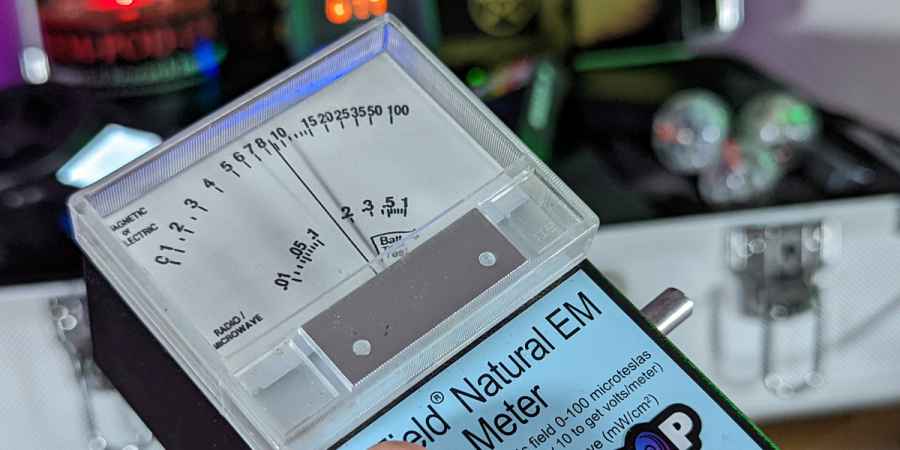

In the world of paranormal investigations, the term "cynic" often comes up. But what exactly does it mean, and how does it relate to ghost hunting and paranormal research? Then there are skeptics and debunkers. Are these the same thing?
While both cynics and skeptics play important roles in paranormal research, their approaches and attitudes differ significantly. Cynics generally tend to be more dismissive of paranormal claims outright, while skeptics are more open-minded and promote critical thinking. Then there are debunkers, who should be more closely aligned with skeptics than cynics in order to effectively debunk claims of the paranormal.
The Cynic
A cynic is someone who generally distrusts the motives and sincerity of others. In the context of paranormal research, a cynic is predisposed to disbelieve in the existence of paranormal phenomena. Cynics often dismiss paranormal claims outright, regardless of the evidence presented. They tend to believe that all such claims have natural explanations and view paranormal experiences with a high degree of suspicion.
Cynics often approach paranormal claims with a preconceived notion that they are false. They might hear about a haunted location and immediately assume that all reported experiences are due to environmental factors, psychological influences, or outright fabrication, without investigating further. During an investigation, this closed-mindedness can lead them to disregard unexplained occurrences as coincidences or hoaxes without considering all possible explanations.
Cynics often have a pessimistic outlook towards paranormal phenomena. They may be inclined to think that people who report paranormal experiences are mistaken, deceived, or dishonest. They can be dismissive and sometimes condescending towards those who believe in the paranormal.
Cynics can be useful in preventing paranormal investigators from jumping to conclusions and encouraging thorough consideration of all possible natural explanations. However, their outright dismissal of paranormal phenomena can stifle genuine discoveries and discourage open-minded exploration. This can hinder the progress of research and create a negative atmosphere within investigative teams.
The Skeptic
The terms "cynic" and "skeptic" are often used interchangeably in the paranormal field. However, they have distinct meanings and implications. While both can contribute in different ways, skeptics are generally seen as more useful than cynics.
A skeptic approaches paranormal claims with an open mind but demands solid evidence before accepting them as true. They are willing to be convinced if presented with credible proof. In contrast, a cynic is more dismissive and often believes that all paranormal claims are false, regardless of any evidence presented.
Skepticism is a methodological approach rooted in inquiry and doubt, which helps investigators maintain an open mind. They require convincing proof before believing in paranormal phenomena, but they do not outright dismiss claims. They are typically respectful of different viewpoints and are interested in exploring all possibilities.
Skeptics are beneficial as part of a paranormal team, as they often promote rigorous scientific methodology and critical thinking. Their demand for solid evidence helps ensure that findings are credible and reliable. However, excessive skepticism can sometimes lead to an overly cautious approach, potentially missing subtle or unconventional evidence of paranormal activity.
Skeptics generally use scientific methods to test paranormal claims and remain open to the possibility of a paranormal explanation if the evidence supports it. They should document all findings meticulously, analyse them critically, and only draw conclusions based on solid evidence.
The Debunker
A debunker is someone who seeks to expose false claims, myths, and misconceptions. In the context of the paranormal, debunkers aim to prove that reported paranormal phenomena have natural explanations and are not supernatural in origin. They analyse potential evidence, often with the goal of demonstrating that what appears to be paranormal can be explained through other means.
A good debunker needs to be skeptical rather than cynical. Skepticism promotes a balanced, open-minded, and methodical approach to investigating paranormal claims. Critical thinking, integrity, and effective communication are also essential traits for debunkers. While cynicism might occasionally surface in debunking, it is the skeptical mindset that truly underpins effective and credible debunking efforts.
While skepticism is clearly valuable, cynicism can be a hindrance to debunking. Cynical debunkers might prematurely dismiss claims without proper investigation, potentially overlooking genuine phenomena. Their closed-minded approach can lead to biased conclusions and reduce the credibility of their work. Thus, while some debunkers might exhibit cynical traits, these are not conducive to effective debunking.
Debunkers play a crucial role in paranormal research by providing rational explanations for phenomena that might otherwise be considered supernatural. Their efforts help to maintain the credibility of the field. One of their key roles is to educate the public about critical thinking and scientific reasoning. By debunking false claims, they help people understand how to differentiate between genuine paranormal phenomena and those that have logical explanations. While their approach may sometimes be seen as overly skeptical, their work is essential in ensuring that paranormal research is grounded in reality and not swayed by hoaxes or misunderstandings.
More Essential Parapsychology
See All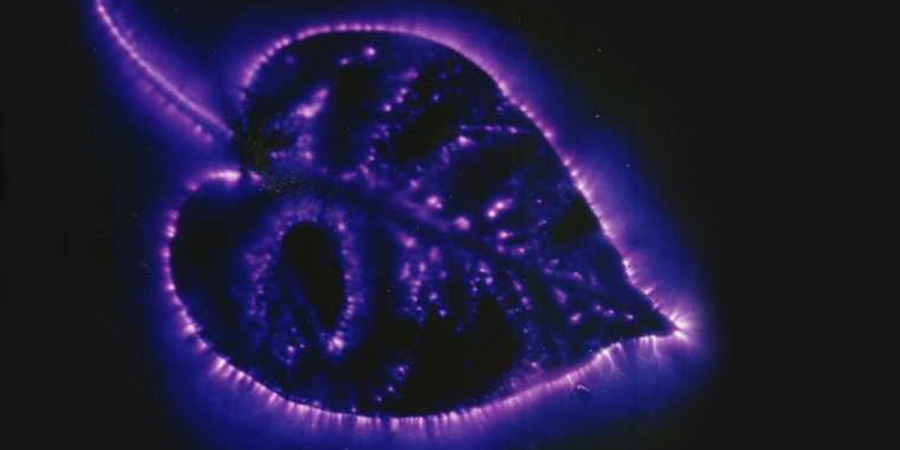
ArrayOctober 11, 2024
The Reality Behind Kirlian Photography’s Glowing Auras
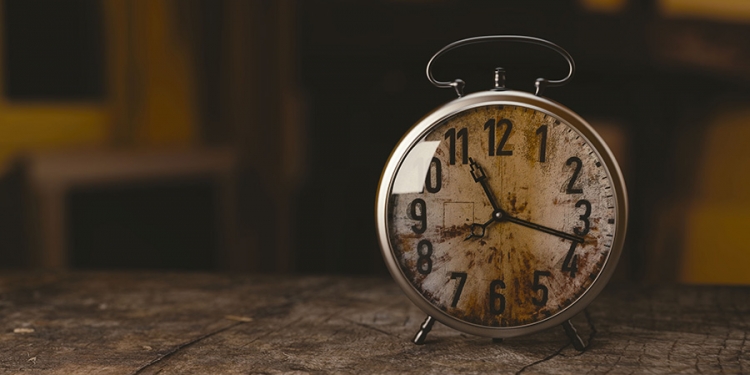
ArrayOctober 07, 2024
Could Retroactive Psychokinesis Allow Us To Influence The Past?
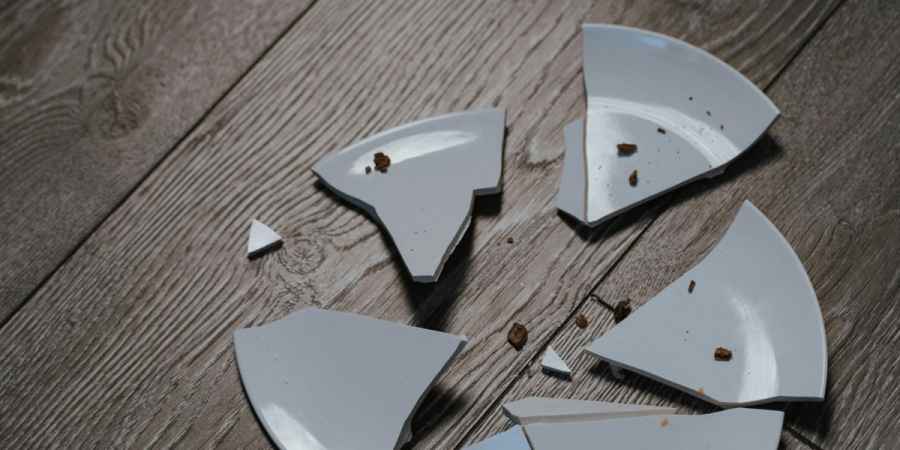
ArrayOctober 05, 2024
What Spontaneous Cases Are & Why Parapsychologists Research Them
Learn With Higgypop
Hosted by Paralearning in association with Higgypop, these courses on ghost hunting, paranormal investigations, and occult practices draw on the experience of our team of paranormal writers.
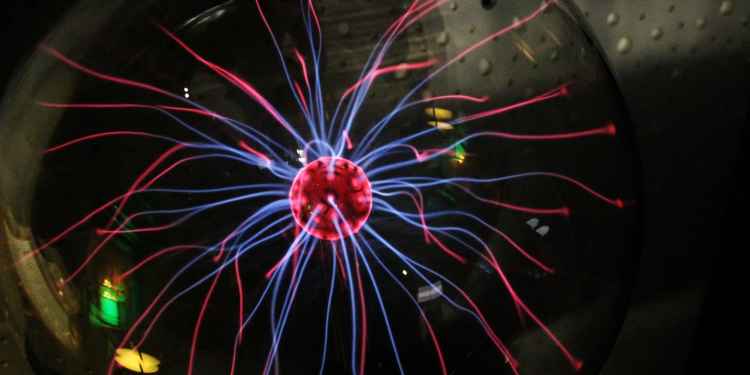
Diploma In Advanced Scientific Theory For Paranormal Investigators
This course gives you practical and useful knowledge of ghost hunting and paranormal research, which is invaluable when conducting your own paranormal investigations or as part of a group event.
View Course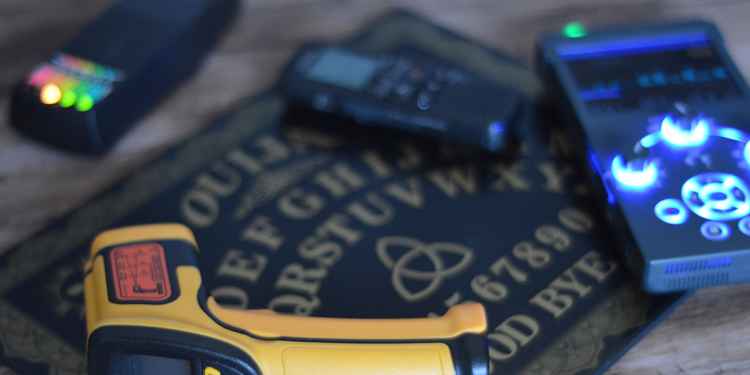
Diploma In Practical Ghost Hunting & Scientific Analysis
This course gives you practical and useful knowledge of ghost hunting and paranormal research, which is invaluable when conducting your own paranormal investigations or as part of a group event.
View CourseMore Like This
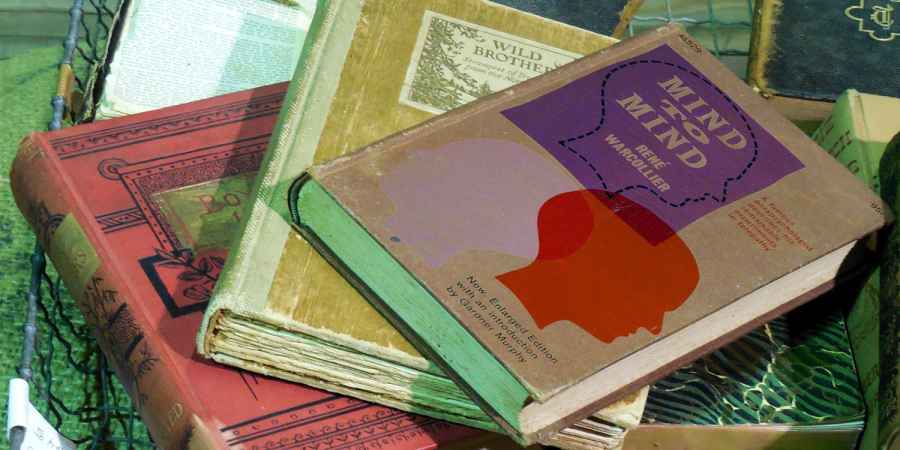
BooksMarch 17, 2025
Revisiting 'Mind To Mind': René Warcollier's 1948 Book On Telepathy
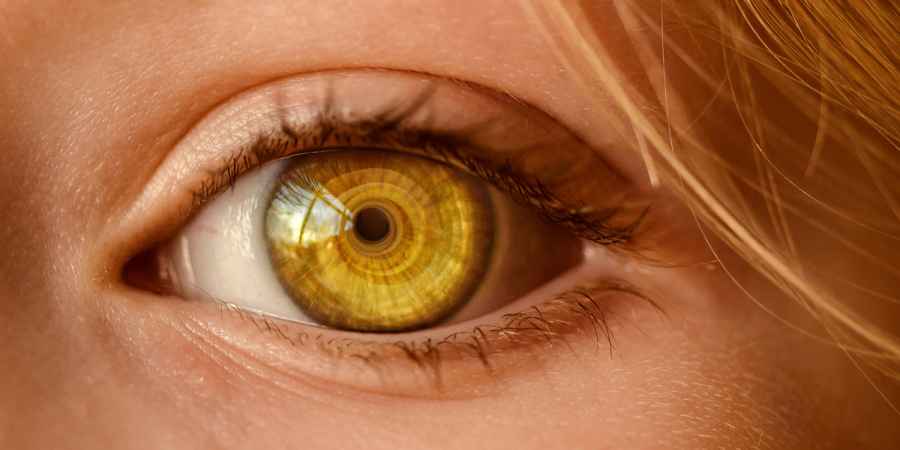
Remote ViewingMarch 16, 2025
Remote Viewing Glossary: Key Terms & Definitions
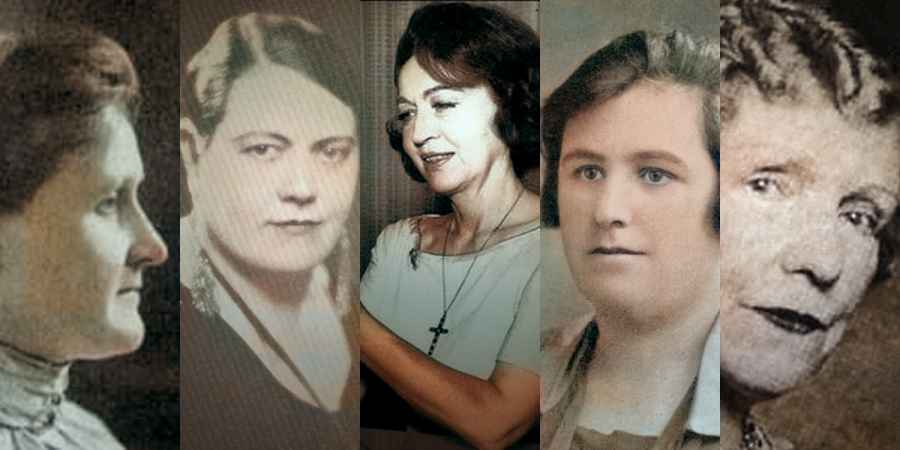
Womens DayMarch 08, 2025
Influential Female Psychics & Mediums

Remote ViewingMarch 07, 2025
Examining The Best Evidence For The Existence Of Remote Viewing
 See More on Audible
See More on Audible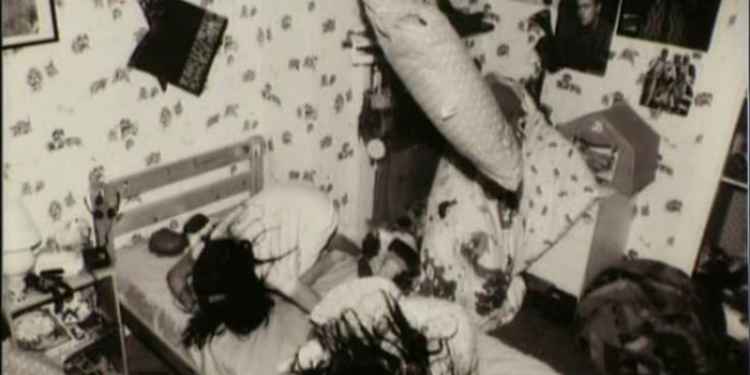

Comments
Want To Join The Conversation?
Sign in or create an account to leave a comment.
Sign In
Create Account
Account Settings
Be the first to comment.